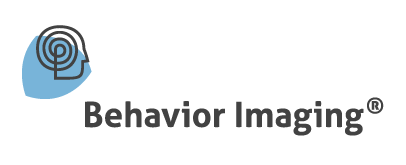Diagnostic Assessment Study
Early Results
Autism Speaks is co-sponsoring the 2nd International Conference on Innovative Technologies for Autism (ITASD 2014), at the Pasteur Institute in Paris, October 3rd and 4th. This year’s conference will focus on developing and using digital tools to improve the lives of people with autism. Invited to talk, Gregory D. Abowd of Georgia Tech, will speak about the pilot evaluation of hardware and software innovations to Behavior Capture and Behavior Connect for diagnostic assessment and its use in the two clinical studies.
Original Study Proposal
This research project will combine the expertise of Behavior Imaging Solutions, Georgia Institute of Technology, and leading diagnostic and behavioral health organizations to make state-of-the-art technical innovations to the Behavior Imaging® telehealth system, and will evaluate the enhanced system in two critical clinical settings affecting Autism Spectrum Disorders.
These technical innovations will significantly improve ease of deployment and Response to Intervention (RTI). The specific aims of the current project are:
(1) To introduce hardware and software innovations to Behavior Capture, with simplified video capture on commodity smartphones and novel interactive features
(2) To optimize clinicians’ workflow with Behavior Connect’s 2.0 telehealth custom modules for (autism) Diagnostic Assessment, and
(3) To conduct two clinical studies to demonstrate how the technology innovations impact clinical decision-making around diagnosing autism.
Study Sites
The first of these studies will be conducted in collaboration with the Autism Research Group at Georgia Tech – and this focus will be on the effectiveness of smartCapture to clinically guide a family remotely to collect and share behavior data in the home.
The second study will be conducted at the Southwest Autism Research & Resource Center (SARRC) in Arizona, and will evaluate the use of the technology to streamline the process of diagnosis for autism using Behavior Images (health-related video captures) recorded by parents in the home.
